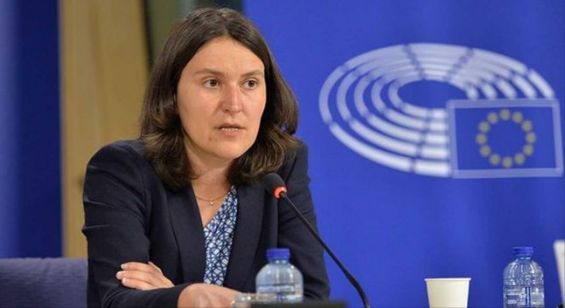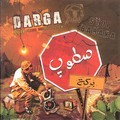On Wednesday, Dutch MEP Kati Piri attended a meeting at the European Parliament, during which a report on the Hirak trial has been presented. Interviewed by Yabiladi, the Hungarian-born Dutch politician, revealed the main conclusions of the report which addressed «torture allegations» voiced by Hirak detainees.
What are the main conclusion of the report presented Wednesday and who was behind it?
The report was conducted by international observers, who attended the trial of Hirak detainees in Morocco. Together with my colleagues, we have invited the experts who addressed the way in which courts in Morocco dealt with the legal cases of Hirak prisoners.
The main findings highlighted in the report by these international observers, who come from the UK, Tunisia and Spain, were that Hirak prisoners were denied their right to a fair trial. In their report, they referred to torture allegations and the fact that they were not investigated.
They also mentioned that there were several photos and videos that were taken to intimidate Hirak family members. Observers also addressed the sentences handed down to Hirak detainees and argued that they were not fair.
Who attended the presentation of the report?
There were several experts attending the session. We invited them to speak during a public event at the European Parliament. Abdesamad Bouchtaoui, a former Hirak lawyer, was also there.
We thought that it would be interesting if we invited him, because he used to attend the trials. He is one of the people involved in the trial and it was good to hear his opinion and have him talk about the difficulties that Hirak lawyers were facing during the trial.
What are the main demands that followed the presentation of this report?
Morocco has signed several conventions about the use of torture against prisoners and the allegations mentioned in the report must be investigated. We need to rely on forensic doctors to determine whether this happened or not.
The Moroccan government has rejected several times the interference of foreign countries, mainly the Netherlands, in the Hirak case calling it a domestic affair that should not be addressed by other parties. What do you think of this?
I always have two answers for this matter. First, I believe that Hirak was a domestic affair when it first erupted. People were voicing their demands through peaceful protests, citing internal issues, which were social economic and related to healthcare and education. These are domestic issues that have nothing to do with international law. It is between the government and its people and it is correct that we do not interfere.
However, when people were being arrested and when we do not see sufficient ground for any proof that they have committed crimes, that is when Morocco has to present explanations. As I said before, Morocco has signed several international treaties, like the one against torture. I believe that, at this moment, the country cannot say that it is an internal issue.
The other part of my answer is that I am a Dutch MEP and I represent my voters who are Dutch citizens with Rifi origins.
At the European Parliament, I represent and voice the concerns of my fellow citizens. There is a big Rif diaspora living in the Netherlands and they want us to speak up about the human rights situation in the Rif, where many of their family members are still living. I am also doing what is expected of a Dutch politician to do.
Do you think that having Dutch politicians address the Hirak has affected Morocco’s diplomatic ties with the Netherlands?
Yes, I do. To be honest, I am happy that the Dutch parliament takes its citizens’ concerns very seriously. There were many other requests in France and Belgium about the same concerns but these governments were not taking action to address these issues with the Moroccan government.
I think what the Dutch government did was listening very well to the parliament where we raise these concerns.
Recently, a Dutch delegation visited Morocco to meet Hirak families. Have you ever been denied a visit to Morocco because of Hirak?
I visited Morocco two years ago with a fellow party member and we went to Rabat where we held talks, and Casablanca to attend the trial. We wanted to travel to the Rif and we were not given the go-ahead by the Moroccan authorities. Ever since then, I have been in talks with the Moroccan ambassador in Brussels to visit Morocco.
I am not going to book a flight and go visit Morocco just to provoke. I do not think I will be helping anyone by doing that. We want to go to Rabat and have serious talks with officials but we do not want to do that without the permission of the government.
I do not think it is diplomatically polite to just take a plane ticket and fly to Morocco without informing the government and I have not been given the greenlight yet to do that.
The last delegation, which visited Morocco recently, is from a different party. They did not have the permission of the Moroccan authorities, but that is their choice.





 chargement...
chargement...













